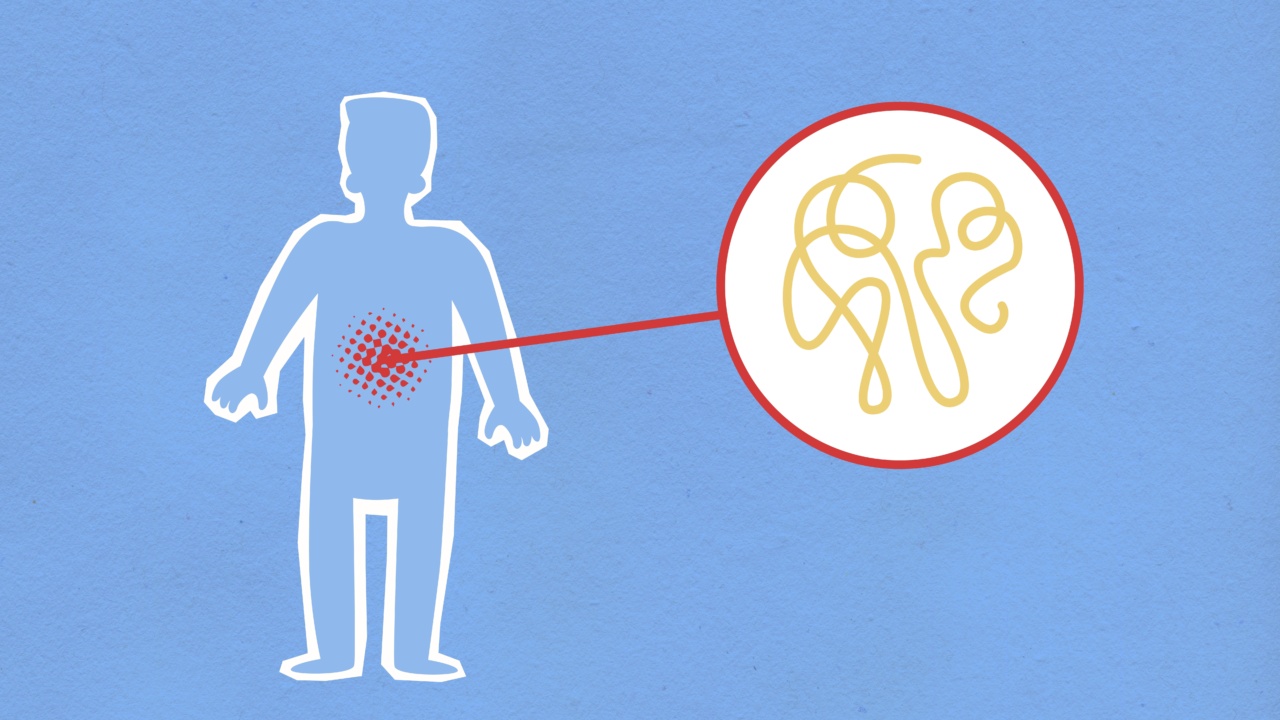Inflammation is a natural response of the body to injury or infection.
It is a complex process that involves the activation of the immune system and the release of various chemicals and cells into the affected area to promote healing and protect against further damage. Inflammation can be acute or chronic, and it can affect any part of the body, including the joints, skin, and internal organs.
What causes inflammation?
The causes of inflammation may vary depending on the part of the body affected, but common causes include:.
- Infection
- Injury
- Autoimmune disorders
- Allergies
- Environmental toxins
- Stress
How does inflammation work?
When the body detects an injury or infection, it activates the immune system to fight off the threat. One of the first responses of the immune system is the release of chemical signals, such as cytokines, into the bloodstream.
These signals attract white blood cells (leukocytes) to the affected area to get rid of any foreign invaders, such as bacteria or viruses.
As leukocytes move into the inflamed area, they release enzymes and other chemicals, such as histamine, which cause redness, swelling, and warmth.
The aim of this response is to isolate the infection or injury and prevent it from spreading to other parts of the body.
However, if the immune system becomes overactive or goes into overdrive, it can cause chronic inflammation, which can lead to tissue damage and disease.
Chronic inflammation has been linked to various chronic conditions, such as heart disease, diabetes, and autoimmune disorders.
Types of inflammation
There are two main types of inflammation: acute and chronic.
Acute inflammation
Acute inflammation is a short-term response that occurs soon after an injury or infection. It usually lasts for a few days and can cause symptoms such as pain, swelling, and redness. Examples of acute inflammation include a cut or a cold.
Chronic inflammation
Chronic inflammation is a long-term response that can last for months or even years. It can result from autoimmune disorders, allergies, or ongoing exposure to toxins or pollutants.
Chronic inflammation is also linked to several chronic conditions, including heart disease, diabetes, and obesity.
How inflammation affects the body
Inflammation is a natural response of the body, but chronic inflammation can have serious health consequences. When the immune system goes into overdrive, it can damage healthy tissues and organs, leading to various chronic conditions, such as:.
- Heart disease
- Arthritis
- Cancer
- Alzheimer’s disease
- Diabetes
- Obesity
- Autoimmune disorders
How to reduce inflammation
Although inflammation is a natural response of the body, chronic inflammation can be harmful. Some lifestyle changes can help reduce inflammation in the body:.
- Eat a healthy diet rich in fruits, vegetables, and whole grains.
- Avoid processed foods and foods high in sugar, salt, and saturated fats.
- Exercise regularly to keep the body in shape and reduce stress.
- Avoid smoking and limit alcohol intake.
- Get enough sleep to allow the body to repair and restore itself.
If you have a chronic condition that may be caused by inflammation, your doctor may prescribe medication or other treatments to manage your symptoms and reduce inflammation in your body.
The bottom line
Inflammation is a natural response of the body to injury or infection, and it plays an important role in the healing process. However, chronic inflammation can cause tissue damage and lead to various chronic conditions.
Lifestyle changes such as eating a healthy diet, exercising regularly, quitting smoking, and getting enough sleep can help reduce chronic inflammation in the body.































